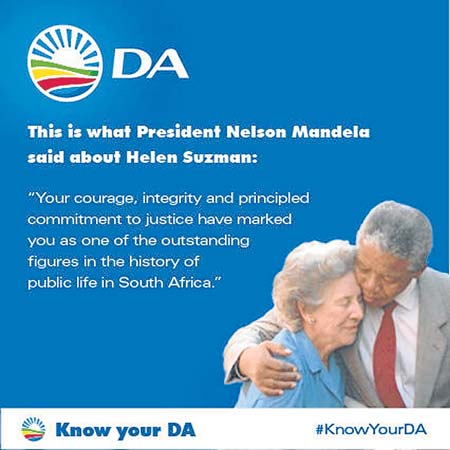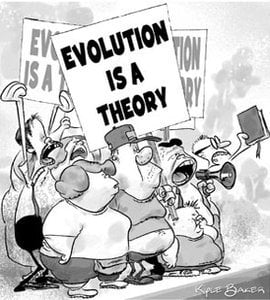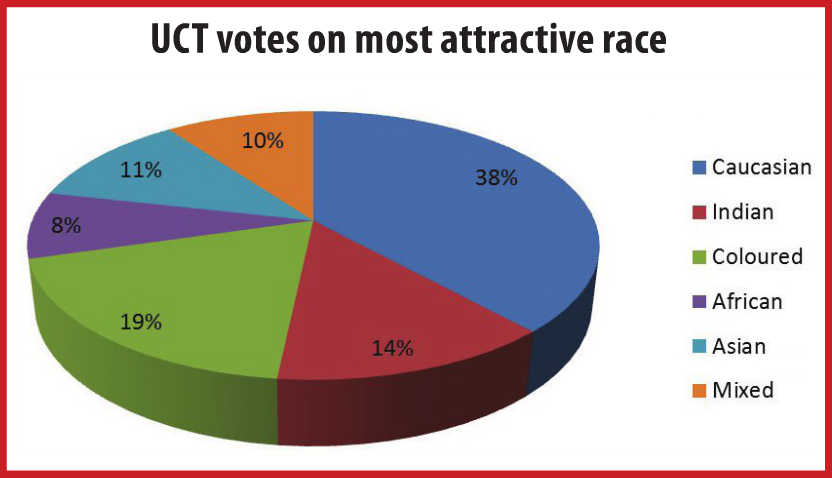Originally published in the Daily Maverick
 When insults are traded amongst groups of friends, we can get away with being more abusive than we would with strangers. If your name is Dorothy Parker or Oscar Wilde, your insults are perhaps easier to forgive because they’re funny, or because we must admire your wit, even as it makes us wince.
When insults are traded amongst groups of friends, we can get away with being more abusive than we would with strangers. If your name is Dorothy Parker or Oscar Wilde, your insults are perhaps easier to forgive because they’re funny, or because we must admire your wit, even as it makes us wince.
But if insults are a substitute for argument – if they are all we have to contribute – then we should rather consider the option of remaining silent, lest we make a fool of ourselves, while exposing all those who support our insults as fools themselves. We should consider the option of silence – or of diplomacy – even if the insult serves the short-term goal of a rhetorical victory.
There are many things that work towards achieving a desired goal, but at a cost. You could silence your child through administering a mild sedative, but don’t be surprised if you’re condemned for doing so. And even where some of our means toward a goal might not be illegal, the standard of the law is not the only relevant one. It’s society’s job to help regulate conduct more generally, and to generate the sort of society that we can enjoy living in.
This holds true for standards of conduct (for example, trying to avoid drowning out all other conversations in a restaurant with your excessively-loud banter) as well as the content of our speech. If we don’t demand sense, interpretive charity, and a certain amount of civility from each other, the absence of those things can increasingly become the norm.
To appropriate a passage from John Stuart Mill’s “On Liberty”, if society lets “any considerable number of its members” think that insult should succeed as well as argument, rendering them “incapable of being acted on by rational consideration of distant motives, society has itself to blame for the consequences”.
So it is in Parliament, or perhaps in politics more broadly. When insults start coming in the form of excrement, as was recently the case in the Western Cape, we get a clear signal of one of two things: either that people are sufficiently disgusted by how they are being looked after that faeces are in fact most apposite to their anger, or that they don’t have the knowledge or arguments necessary to express that anger.
There are many permutations between those extremes, and the extremes are both crude. My point is merely to say that a form of protest that offends our sensibilities could (in a logically possible sense of “could”) nevertheless be appropriate, under the right circumstances. However, there are other circumstances in which it’s clear that offending our sensibilities is a simple substitute for having nothing useful to say, or not having the words to say anything useful.
Consider ANC MP John Jeffrey, who said of DA Parliamentary Leader Lindiwe Mazibuko last week: “While the honourable Mazibuko may be a person of substantial weight, her stature is questionable”. It’s not the possible sexism of this comment that’s the only notable thing. It’s also the fact that some people seem to think these insults the height of wit, judging from the television footage. Tell a fat joke and have MPs rolling in the aisles? I can’t imagine how they manage to keep breathing during a Leon Shuster movie, if that’s the level of humour that works on them.
I say “possible sexism” above because I don’t intend to make the case that it necessarily is sexism, although that does seem likely given the relative infrequency of comments regarding the girth of male MPs. Besides, the comment doesn’t need to be sexist to be ad hominem.
And yes, it’s true that members of the DA have levelled the same sort of abuse at ANC MPs. Helen Zille is reported to have commented to Zodwa Magwazao that there “is only one elephant in the room” (although this remark was, I think, ambiguous enough to be a problematic example for this column’s purposes) and Theuns Botha once likened the ANC’s Lynne Brown to a hippopotamus.
It’s also true that the same sort of thing happens in the UK Parliament, although my impression is that the calibre of the wit on display there typically exceeds that of the examples here. But even when it doesn’t, there remains a crucial difference between the House of Commons and the South African Parliament: a constituency-based system.
If an MP has nothing to offer but insult – or if their insults are insufficiently entertaining – voters can remove them from office at the next election. MPs are accountable to citizens, and not only to party leadership. Sometimes, accountability itself seems an impossible dream for us in South Africa, when the ANC Chief Whip’s response to Jeffrey’s remark is to excuse it as a pun, while simultaneously criticising Mazibuko’s fashion sense.
If I didn’t know better, I might call that victim-blaming. But it’s not – it’s simply a distraction and another ad hominem attack. And even though it’s true that Zille and Botha have been guilty of similar offences to Jeffrey’s, it remains possible to point this out in a way that nevertheless apologises – sincerely – for Jeffrey’s remark. A retort of “you too” (known to some as the logical fallacy tu quoque) is also evasion, and a juvenile one at that.
I’m not arguing that MPs shouldn’t be allowed to say the things they do, regardless of how juvenile their retorts might sometimes be. Robust debate must allow for offence, not only because we sometimes need reminding that our own standards of acceptable conduct aren’t sacrosanct, but also because without it, we’ll never get to know which MPs tend to believe and say offensive things.
Beyond the rules governing what is and is not appropriate language in Parliament, there’s also a market for what’s “unparliamentary” or not. Our market could be improved through a constituency system, but it nevertheless exists, and the Whips and other party leaders run it.
Ultimately, of course, the voters run it too. So if you want to appear to be a sexist windbag, you’re free to do so. And if your Chief Whip wants to inform us of your upcoming fauxpology while adding another insult, he should be free to do so – just as we’re free to punish your party at the ballot box if we so choose.
Having said that, I’d think it an over-reaction to punish a party for the conduct of individuals inside that party. I mention the possibility simply because the individuals in question sometimes don’t seem to care about substance rather than rhetoric, and could perhaps do with a reminder that we do care for substance.
The problem, in short, is that these rhetorical tricks and insults are the best that many of them have got – and I’d still like to believe that we deserve better.

















